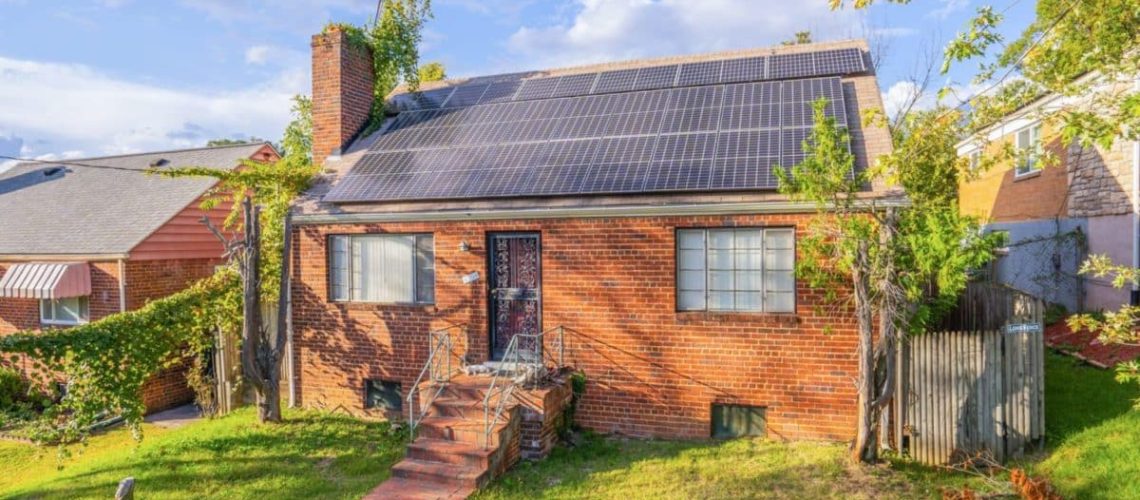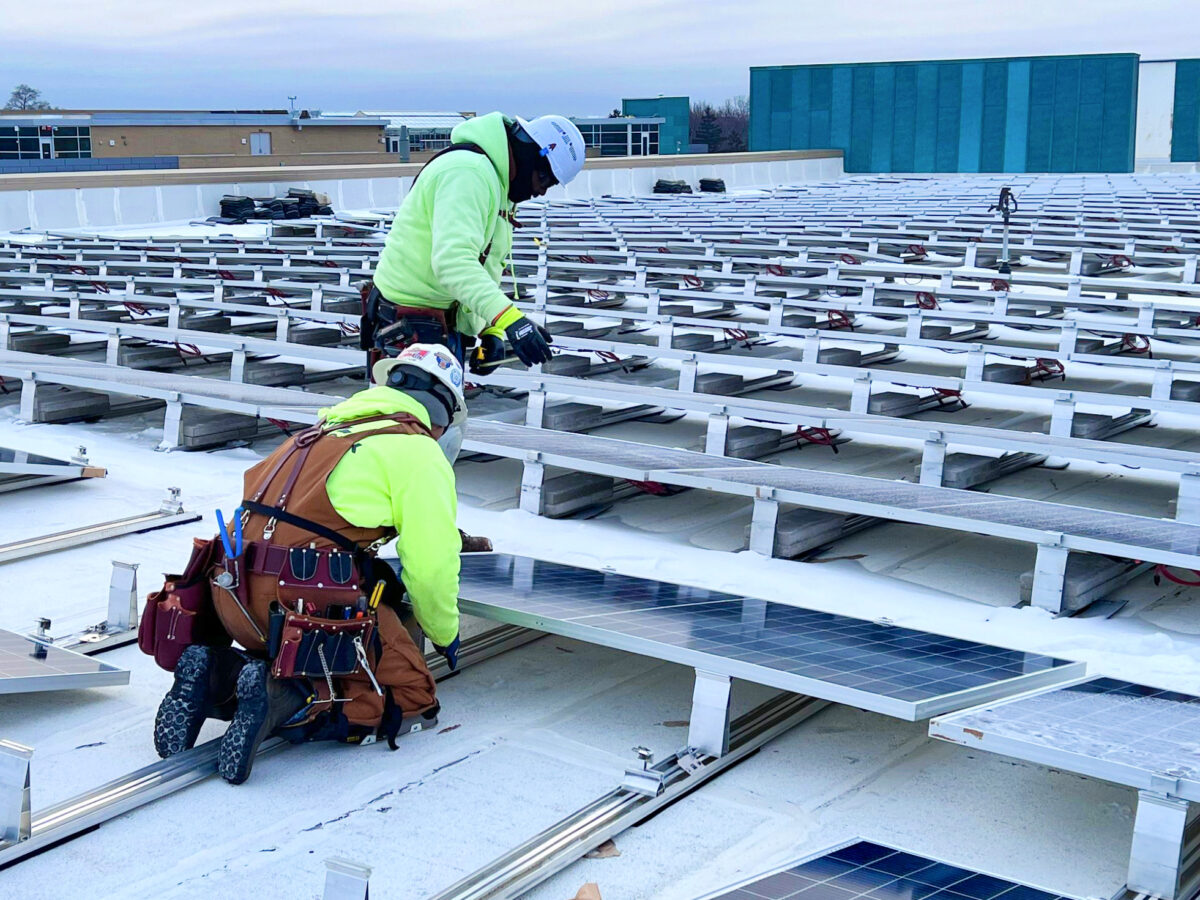In May federal banking regulators proposed sweeping changes, which include shoring up the underserved against climate disasters, but SEIA and environmental groups asked them to go further in financing renewables to benefit LMI communities.
The Community Reinvestment Act, which passed in 1977, was designed to stimulate investment in underserved communities. In May of this year, the Federal Reserve, Office of the Comptroller of the Currency and Federal Deposit Insurance Corp. proposed sweeping changes, which include shoring up underserved communities against climate disasters.
Several environmental groups and the Solar Energy Industries Association (SEIA) submitted comments in reaction to proposed changes. The comment period closes today at midnight.
SEIA urged the banking regulators to expand use of the Community Reinvestment Act (CRA) to focus on targeting changes that could inject new funding for solar and storage projects of all sizes, which would help increase credit access, lower emissions and create more jobs and business opportunities in communities that are disproportionately affected by climate change.
“After decades of environmental racism, we now have the opportunity to lead with equity and use community investment banks to finance new solar and storage projects in communities that need them most,” said Abigail Ross Hopper, president and CEO of SEIA. “If we expand the Community Reinvestment Act to include clean energy access, we can funnel quality jobs, cleaner air, and new business opportunities to underserved neighborhoods across the country. As we look to ramp up clean energy deployment in the Solar+ Decade, we must double down on equity and one of the best ways to do this is to target and support programs that are already reaching frontline communities.”
The American Council on Renewable Energy (ACORE) also submitted comments, recommending renewable energy investment be included as a qualifying activity under the Community Reinvestment Act (CRA).
ACORE stated that it is in support of the proposed revised definitions for “Community Development Activities” that are responsive especially to the needs of those of low- and moderate-income (LMI) communities and individuals, small businesses, and small farms. ACORE pressed, however, for the rule to further acknowledge how investments in renewable energy facilities benefit and serve LMI communities and individuals. According to ACORE, its comments propose changes to include renewable energy investment (in both utility-scale and distributed generation projects) under the proposal’s defined “Revitalization and Stabilization Activities;” and also recommend an expanded definition of “Public Welfare Investment” to include all investments in renewable energy tax credits.
“Clarifying that the CRA includes renewable energy investment will help create a more equitable energy system by sending a strong signal to America’s banking institutions to invest in renewable projects located in low- and moderate-income (LMI) communities,” said Gregory Wetstone, ACORE president and CEO. “In addition to the clear climate and health benefits, renewable energy provides significant tax revenue for communities, creates good-paying local jobs, reduces exposure to power outages, and lowers the cost of household electricity bills.”
ACORE also recommends an expanded definition of “Public Welfare Investment” to include all investments in renewable energy tax credits. To download a copy of ACORE’s submitted comments, click here.
The Sierra Club joined other organizations in a letter calling to proposed changes to pay greater attention to climate change-related risks facilitated by bank financing of fossil fuel-related activities.
“Climate change is a risk multiplier that exacerbates racial and economic inequality, and it is progressing at an alarming rate. The agencies must update CRA regulations with this reality in mind so that the banking system meets the changing credit needs of all communities,” the groups wrote in the letter, which was led by Americans for Financial Reform, the Greenlining Institute, and Public Citizen.
Read more about the CRA in the Sierra Club blog, How a civil rights-era law can protect vulnerable communities from climate change.
A timeline for final review has not been released by the regulators.






